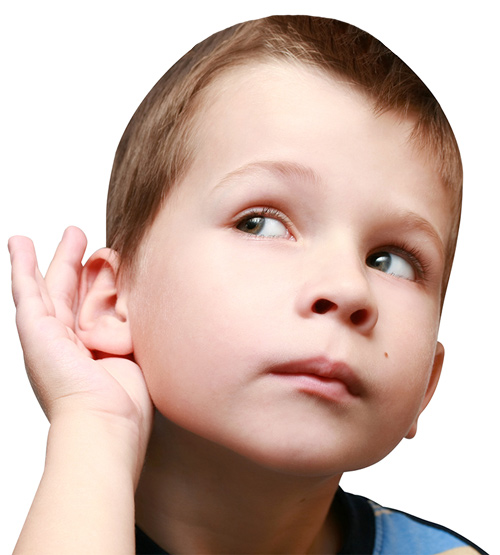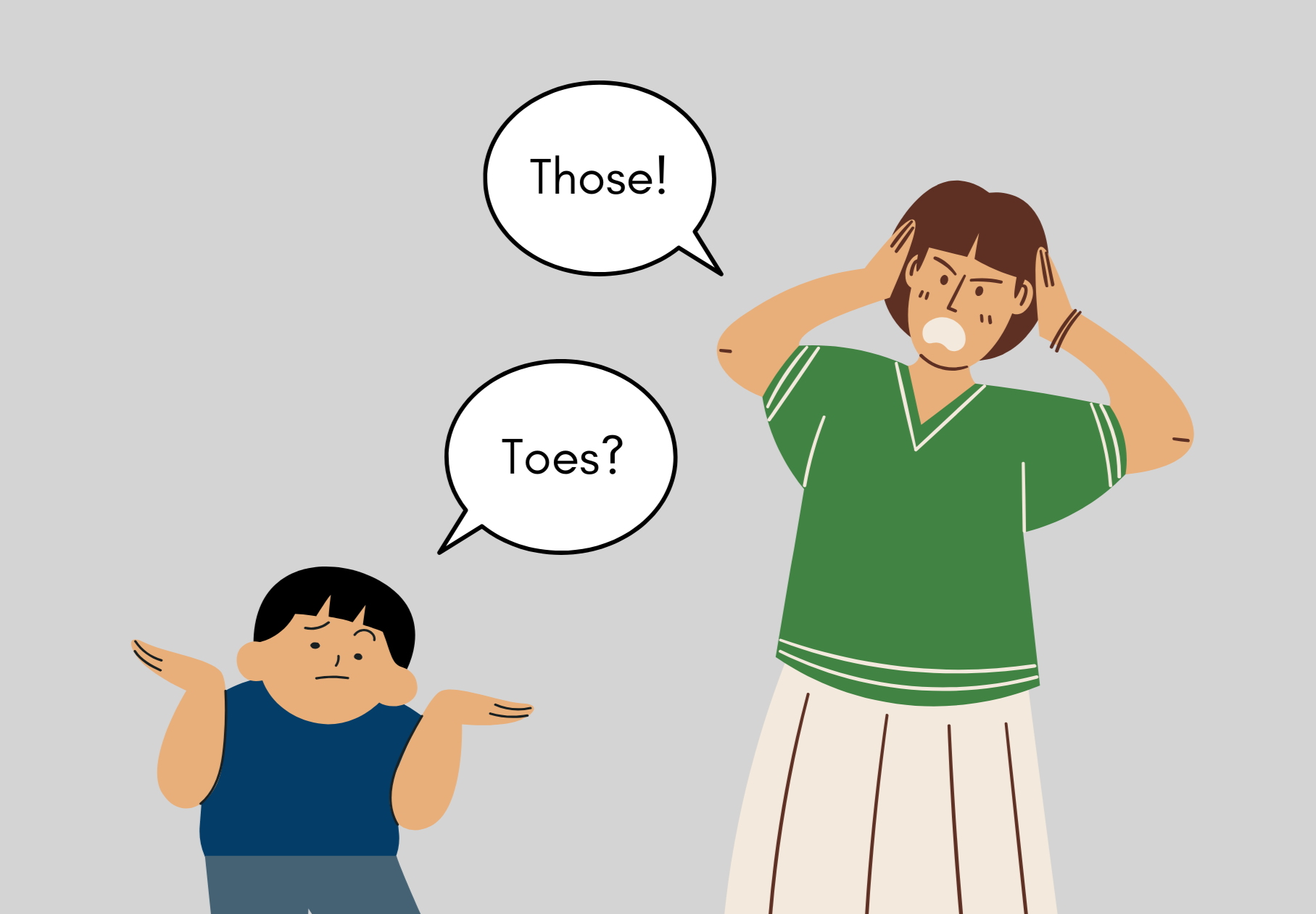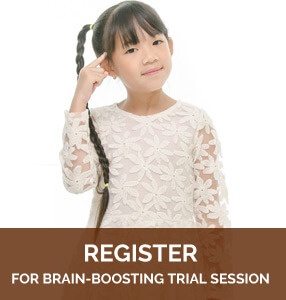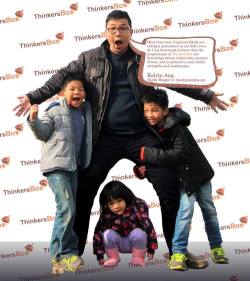
Photo Credits: Liberty Speech
Are you listening to me?
Are you doing this on purpose?
Can you please follow the instructions?
Are you guilty of saying of any of these phrases during parenthood?
When young children mispronounce words, more often than not parents will enjoy a good laugh. When children hear us talk, they may try to imitate us in speech.
However…
What if children hear words wrongly and at an alarming frequency?
What if they are unable to comphrehend or follow through with simple instructions?
There is cause for concern as children may have an auditory disorder. This prevents them from processing and interpreting information that they hear accurately and this disrupts their learning.
The ability to recognize sound and interpret them is referred to auditory processing.
Common Signs:
Some Common Signs (Kidshealth & National Institute on Deafness and Other Communication Disorders):
- Easily distracted, especially affected by noisy environment
- Distinguishing meaningful sound from background noise
- Better performance in quiet environment
- Difficulty in following instructions
- Literacy or speech difficulty
- Difficulty in following through conversations
- Difficulty in remembering information presented orally
- Misinterpretation of words
- Inability to recognize differences between sounds in words.
Actual Word |
Heard As |
Couch and Chair |
Cow and Hair |
Sheet and Coat |
Sheep and Goat |

Photo Credits: childrensclassics.au.com
Unfortunately, auditory processing disorder often go unnoticed on its own. Instead its symptoms are often sighted in learning disabilities and attention deficit hyperactivitiy disorder (ADHD). A noisy environment or complicated instructions may aggravate the situation even further.
Managing APD
The severity varies from child to child and it is difficult to pinpoint an accurate measure that applies to all children to help to improve their situation. However, here are some suggestions to help cope with APD (Bellis, & NCLD)
-
-
-
- Use of electronic device to assist in listening
-
-

-
-
-
- Alteration of learning environment (less distractions)
- Strengthening language, problem-solving, memory, attention and other cognitive skills to compensate for APD.
- Computer – assisted or one-on-one training with a therapist.
- Practicing rhyming and segmenting words into syllables
-
-

Family photo created by jcomp – www.freepik.com
-
-
- Conveying instructions at a slower pace
- Give tasks one at a time
- Eliminate unnecessary background noise
-







